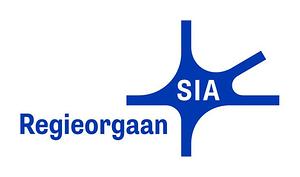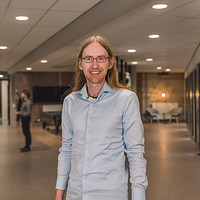Smart Manufacturing and flexible production are high on the strategic agendas. The Netherlands wants to re-profile itself as a manufacturing country. The use of cobots, in which humans and robots collaboration is essential here. The shortage of skilled workers for manufacturing production can be filled with cobots. Cobots can take work off your hands in logistics tasks. This increases production and enables professionals to concentrate on their "real" work.
Research question
How can we apply non-safely certified components or sub-systems in a human robot system so that a safe application is realized?
Background information
Research in the field of cobots is currently mainly focused on new technologies. There is now a range of cobot robotic arms, mobile robots (AGVs) and sensors available with which new applications are developed to make these robots as widely applicable as possible. In practice, new safety aspects and required design methods are unfortunately underexposed.
Project approach
However, traditional security approaches to set up the human / cobot system physically safe and data / internet secure by sealing conceivable risks from subsystems also seem to be inadequate:
- When a new application for a cobot is developed, the individual components / subsystems are not always safety certified. Smart handling of available sensor signals is necessary to achieve an accepted safety level realize;
- A number of standards have recently become available, but these are difficult to operationalize, especially for SMEs;
- Physical contact between humans and robots is increasingly becoming part of human-robot collaboration. However, the degree of permissible desired touch has not (yet) been mapped out.
Project goal
The aim of the project is to generate working methods/methodologies, safety criteria, and selection criteria to arrive at the design / choice of a safe human / co-bot system for the application in question. An important condition is that people experience the robot as a pleasant and cooperative colleague. This knowledge will be used and disseminated in companies, education and research with the help of trade associations. Regulations are lagging behind in practice in this area, and we want to make an active contribution to this discussion.
Duration project
Start project: 01-03-2019 - End project: 28-02-2021
Partners

Fontys hogeschool

DEMCON
Website
Boessenkool
Website
Regieorgaan SIA
WebsiteMore information about the project?

Wilco Bonestroo
Senior Researcher and Project Lead
+31 6 13 00 19 96 w.j.bonestroo@saxion.nl linkedin